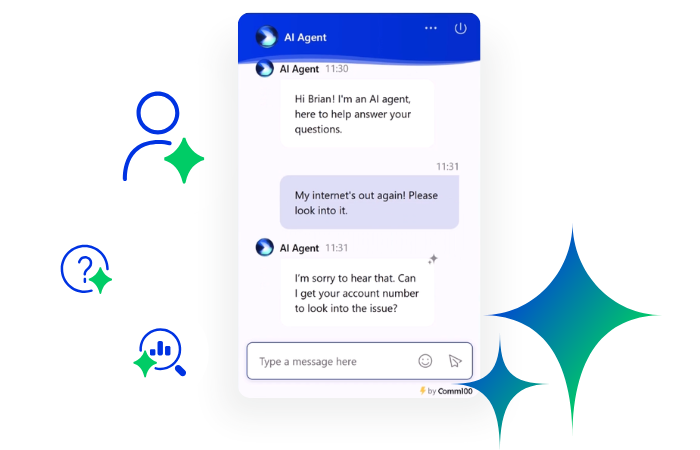Investment into higher education customer experience (CX) is growing – and growing rapidly. The question is, are these resources being optimally allocated? For many universities and colleges, the answer is unfortunately no.
Although plenty of organizations are seeing a return on their investment and profit from CX, some continue to struggle to bring in the wide range of rewards from this game plan. Why? They are overlooking a fundamental part of their team: the agents.
Customer service agents are the voice of every brand. They represent the institution’s character and even beliefs. Moreover, they are often the only human contact that students will receive from their institution, aside from their lecturers. As a result, agents hold great power over the outcome of a student’s experience.
However, being a customer service agent is no easy feat – repetitive questions, unsavory conversations, mounting pressure to find quick solutions: it’s easy for them to become disheartened, and with this will come worse student support.
What can education institutions do about this now?
Investing in agents is essential, and specifically, in the tools they use everyday to do their job. Everyone wants to feel like they are empowered to do their job well. Without this, job satisfaction dips, and so too does performance. For many agents, antiquated software and reliance on telephone and email support is causing exactly this. Why? Because students have high customer service expectations which agents simply can’t meet via phone and email support.
By adopting digital engagement channels, ideally connected within an omnichannel platform, this changes everything. Agents are empowered to provide the very best support that today’s students now expect – fast, 24/7, and personalized.
First and foremost, today’s students expect fast support. Students have grown up in a digital world that has created a desire for instant gratification, and this has seeped into student support services. ‘71% of 16 to 24-year-olds think that customer service can be drastically improved by a quick response.’ The instant delivery of live chat messaging caters to this behavioral expectation better than any other channel and empowers agents to effortlessly meet this expectation.
Secondly, but not less importantly, students expect support on their terms, not their schools. This equates to an expectation for around-the-clock support. While it’s not feasible for agents to provide this, with chatbots you can, and do it cost-effectively. When agents are offline, an AI chatbot can handle all the common FAQs that make up the majority of customer service queries.
While students love the efficiency and availability provided by automation, they still value the personal touch of support too. In fact, 80% say they “would be more loyal to a brand that showed they really understood me.”
Live chat empowers agents to provide this personal support simply by the nature of its one-to-one, conversational format. Moreover, intelligent live chat software provides agents with a wealth of information about every student they speak to. Agents can see where they are located, their previous chat history, their course information, and much more. With this information at hand, students can receive the personalized support that they so highly value. Better still, connect every digital channel together into an omnichannel student engagement platform and agents can access information from within every channel from one integrated console.
With these digital channels and tools in place, agents feel empowered by the ability to provide the very best support to students, inspiring and motivating them to do so. The end result? Happy agents that stick around, and even happier students.
Improving Student Support Services
Today’s students have incredibly high support expectations. Learn how your school can meet these expectations and improve every stage of the student lifecycle in this complete guide.
Read more
Learn more







